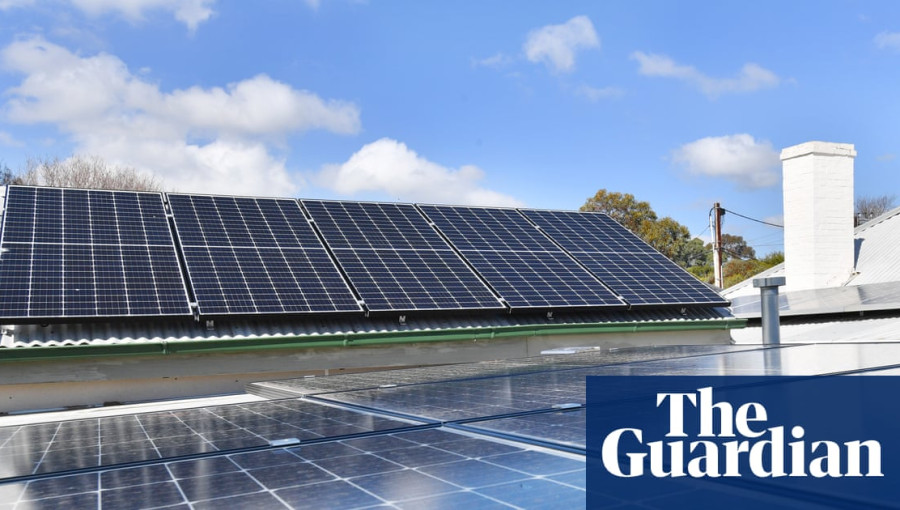Australians will soon have access to at least three hours of free solar energy daily, even if they do not have solar panels installed at their homes. This initiative, named the “solar sharer” program, will be available to households with smart meters in New South Wales, south-east Queensland, and South Australia starting next July, with the potential for expansion to more regions by 2027. The scheme aims to facilitate the scheduling of energy-intensive tasks during sunlight hours, helping to alleviate peak energy demand.
Under the solar sharer program, the federal government is introducing a change to the default market offer, which regulates maximum electricity prices for retailers. Climate Change and Energy Minister Chris Bowen emphasized the initiative’s goal of maximizing solar energy usage and preventing its wastage. With over four million solar systems currently installed across the country, there is often a surplus of solar-generated electricity during midday. This strategic shift to harness solar energy aims to lower electricity costs and enhance grid reliability by reducing evening peak demand.
The announcement comes amid rising electricity prices that have drawn criticism towards the Albanese government, although this surge has been misattributed to the increase in renewable sources like solar and wind. Bowen stated that the program illustrates how utilizing daytime solar energy is financially beneficial for households, allowing both renters and homeowners to save costs by adjusting their energy usage. The Australian Energy Regulator will oversee the implementation to assure fair pricing outside the designated free power hours, with discussions regarding extending the offer to other states in the future.
While some energy retailers, such as AGL and Red Energy, already provide free solar energy periods, the Australian Energy Council expressed concern over the lack of prior consultation about the new program. Louisa Kinnear, the council’s chief executive, noted that the sudden announcement might undermine industry confidence and have negative repercussions for market participation. In contrast, the Smart Energy Council praised the initiative, stating that it would particularly benefit households facing high living costs, as accessing solar energy is free of charge.

